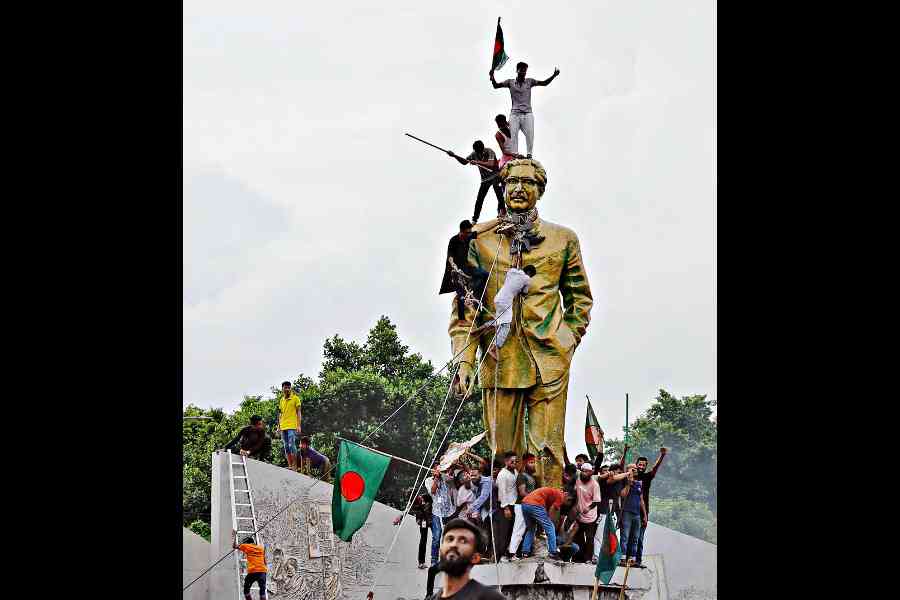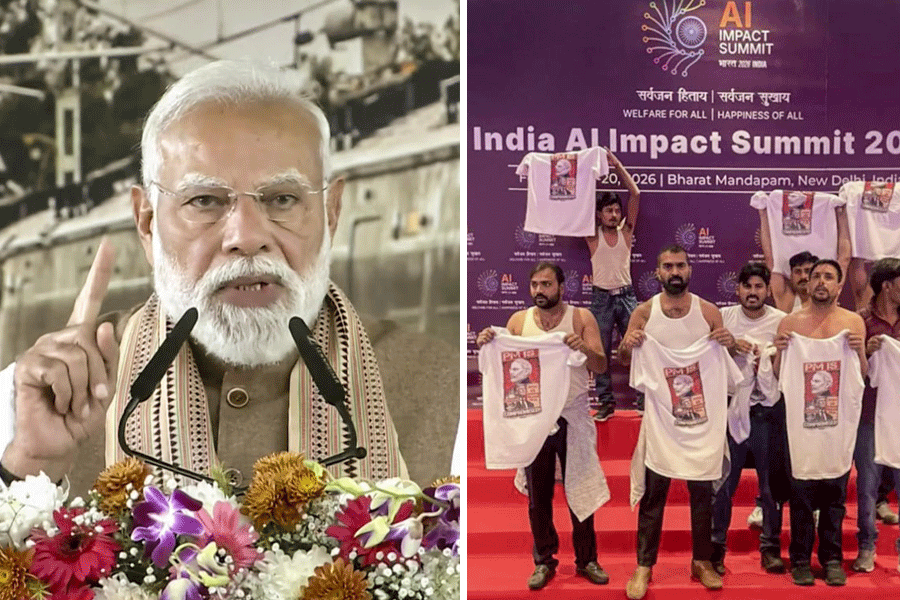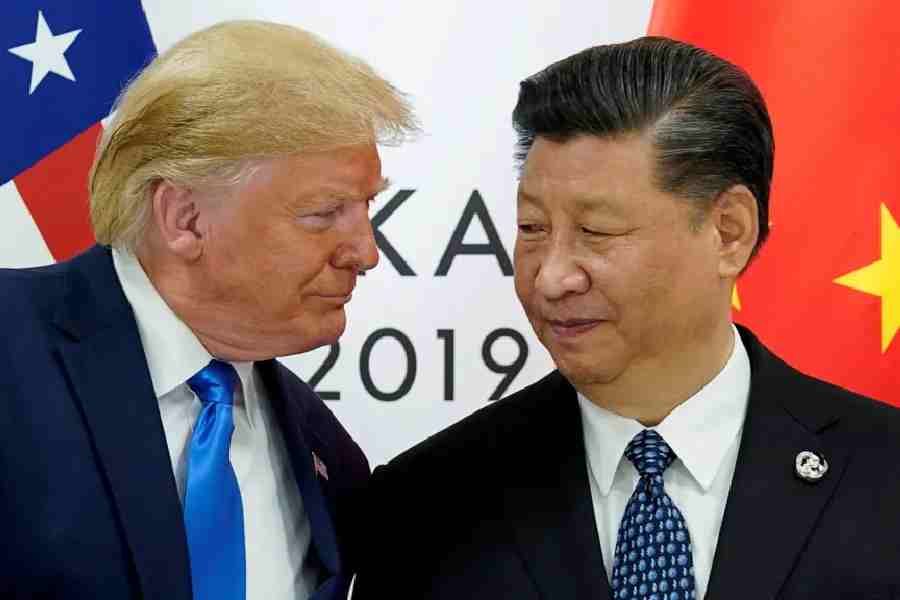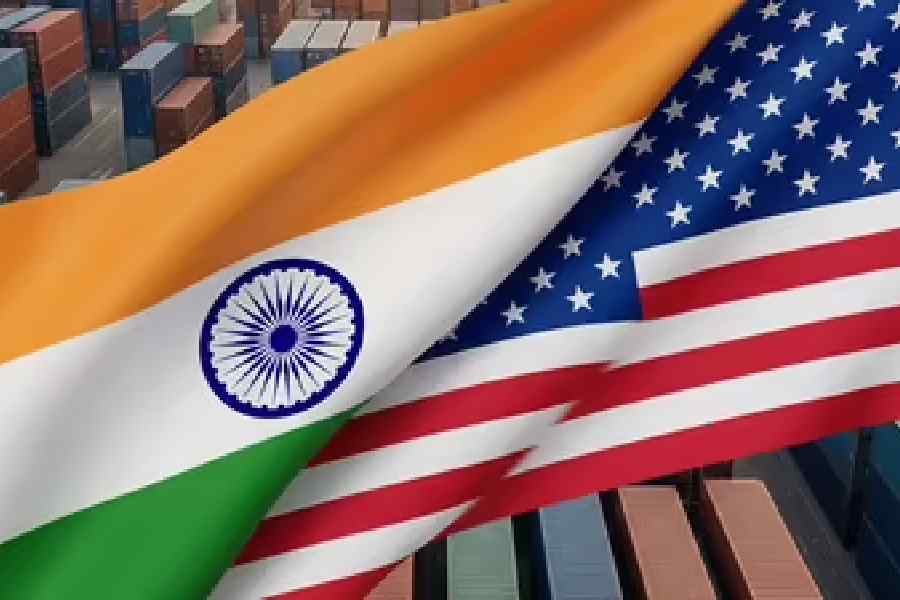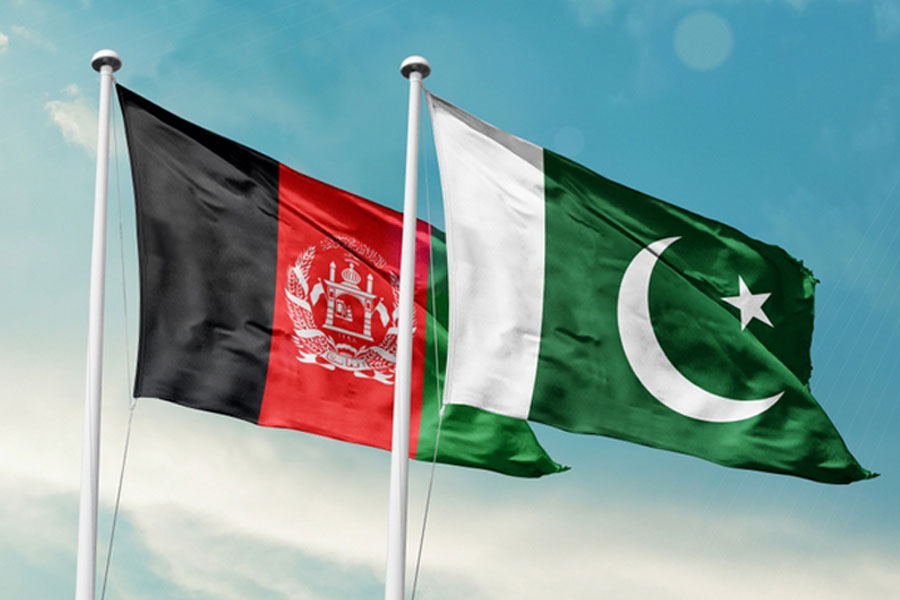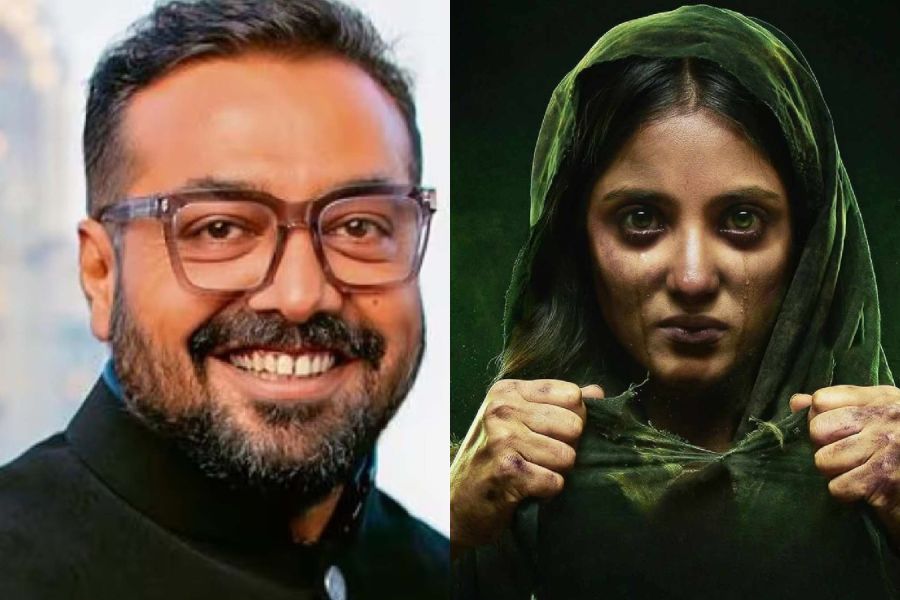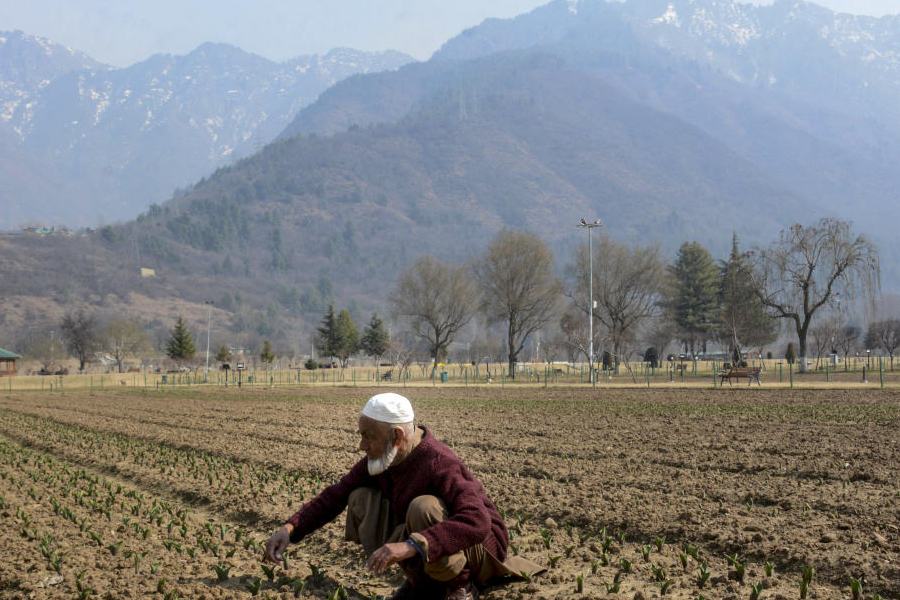Bangladesh’s interim government has stripped Bangabandhu Sheikh Mujibur Rahman of the title of “Father of the Nation”, continuing with its efforts to wield the airbrush on the founding leader of the country.
The move on Tuesday comes a few days after the Muhammad Yunus-led government dropped Mujib’s image from new currency notes.
The interim government — in charge since the fall of the dispensation of Sheikh Hasina, Mujib’s daughter, in August last year — has also amended a legislation to revise the definition of freedom fighter, according to media reports on Wednesday.
The National Freedom Fighters Council Act has been amended to “alter” the definition of freedom fighter, the Dhaka Tribune reported. The ministry of law, justice and parliamentary affairs issued the ordinance on Tuesday night, it said.
The amendment to the law “modifies the term ‘Father of the Nation Bangabandhu Sheikh Mujibur Rahman’”, the report said.
According to the bdnews24.com portal, “the words ‘Father of the Nation Bangabandhu Sheikh Mujibur Rahman’ and portions of the law that mentioned the name of Bangabandhu Sheikh Mujibur Rahman have been deleted”.
The Daily Star reported that the ordinance has also made changes to the definition of the Liberation War.
“The new definition of the Liberation War drops the name of Bangabandhu Sheikh Mujibur Rahman. The previous one mentioned that the war was waged responding to Bangabandhu’s call for independence,” it said.
According to the revised ordinance, all MNAs (members of the National Assembly) and MPAs (members of the Provincial Assembly) associated with the wartime government-in-exile of Bangladesh (Mujibnagar government), who were later considered members of the erstwhile Constituent Assembly, will now be categorised as “associates of the Liberation War”, the Dhaka Tribune reported.
Until now, they were recognised as freedom fighters.
According to the amendment, all civilian individuals who, between March 26 and December 16, 1971, received combat training or made preparations for war within the country, enrolled in training camps in India with the aim of participating in the war, took up arms against the occupying Pakistani military forces and their local collaborators, in pursuit of Bangladesh’s independence, and who were within the government-determined minimum age at that time, will be recognised as
freedom fighters.
The local collaborators include Razakars, Al-Badrs, Al-Shams, the then Muslim League, the Jamaat-e-Islami, the Nezam-e-Islam and members of the peace committees.
Members of the armed forces, East Pakistan Rifles (EPR), police, Mukti Bahini, the Mujibnagar government and its recognised forces, naval commandos, the Kilo Force and Ansar will also be included under the definition of freedom fighters.
Women who were subjected to torture by the invading Pakistani forces and their collaborators during the war — known as Birangona — will henceforth be recognised as freedom fighters under the new definition.
Doctors, nurses and medical assistants who served injured fighters in field hospitals during the war will be acknowledged as freedom fighters.
The ordinance redefines the Liberation War as an armed struggle carried out between March 26 and December 16, 1971, against the occupying Pakistani forces and their collaborators by the people of Bangladesh with the aim of establishing a sovereign democratic state founded on equality, human dignity and social justice, the Dhaka Tribune report said.
In January, the interim government introduced new textbooks for primary and secondary students for the 2025 academic year that state that Ziaur Rahman, who was an army major and later a sector commander of the Liberation War, had declared the country’s independence in 1971, replacing the previous content crediting founding father Mujib with the declaration.
PTI

